
Optimizing Case Management to Support the Resentencing of Over-incarcerated Individuals
The California Department of Corrections and Rehabilitation (CDCR) is responsible for the incarceration of nearly 100,000 adults, operating the second largest prison system in the United States. Los Angeles County (LA County) is the largest contributor to the carceral system in California – with nearly 30% of all adults admitted... Read more

Combating the Digital Divide by Increasing Equitable Access to Broadband Services
The COVID-19 pandemic has exposed long-seated issues with connectivity in Texas, with almost 900,000 residents lacking broadband internet access across the state. In Central Texas, over 37,000 students are without the high-speed internet needed for online learning, and over 50,000 residents in Austin alone do not have use of the... Read more

Dismantling Barriers to Homeownership Through Innovative Programs and Policies
For many Americans, the dream of owning a home – often considered the best way to build wealth in this country – is increasingly out of reach and unaffordable. In Kansas City, for many residents, this is the reality. While over 50% of Kansas City residents own their homes, there... Read more

Catalyzing Innovative Programs and Policy to Restore Food Sovereignty to Birmingham’s Residents
From James Beard award-winning restaurants to the vast Pepper Place Market, where people from across central Alabama convene on weekends to shop for locally grown fruits and vegetables, Birmingham is among the small cities favorited by food lovers and culinary experts across the nation. Unfortunately, not everyone in the city... Read more
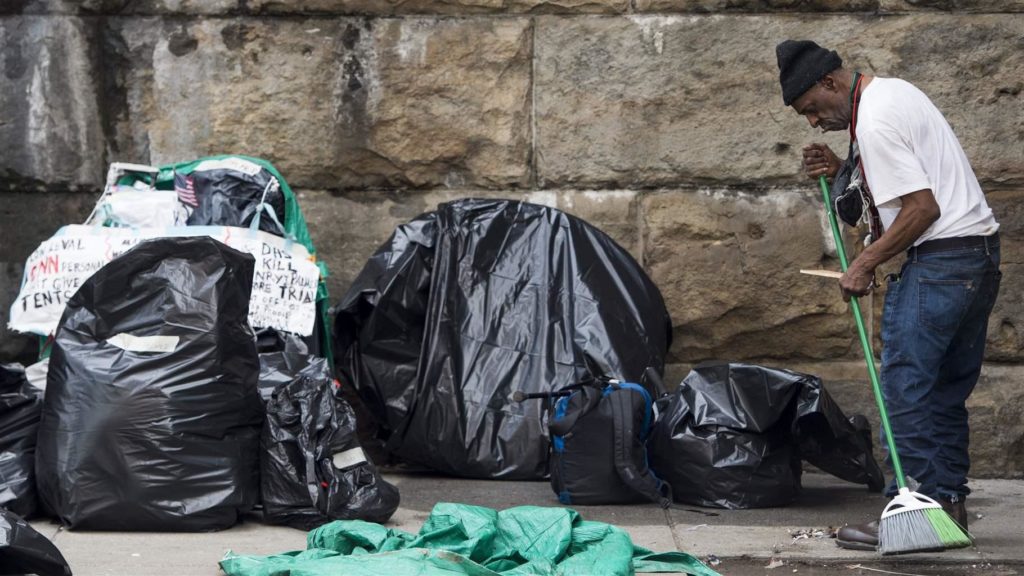
Advancing Racial Equity in LA County’s Homeless Services System
Los Angeles County is celebrated for its diverse mix of nationalities, cultures, identities, and languages. This cultural richness is stifled by stark racial and socioeconomic inequities that manifest in disparities in health, economic mobility, housing, and homelessness—particularly for communities of color. Black/African American people made up 40% of the total... Read more

Building the Capacity of Critical Service Providers in Austin’s Homelessness Response System
In the City of Austin, homelessness is a persistent reality that has amounted to a humanitarian challenge. Lack of affordable housing and healthcare, trauma and abuse, and racial inequities are all leading causes of homelessness in Austin. An estimated 9,000 residents in the Austin/Travis County area experience homelessness each year,... Read more
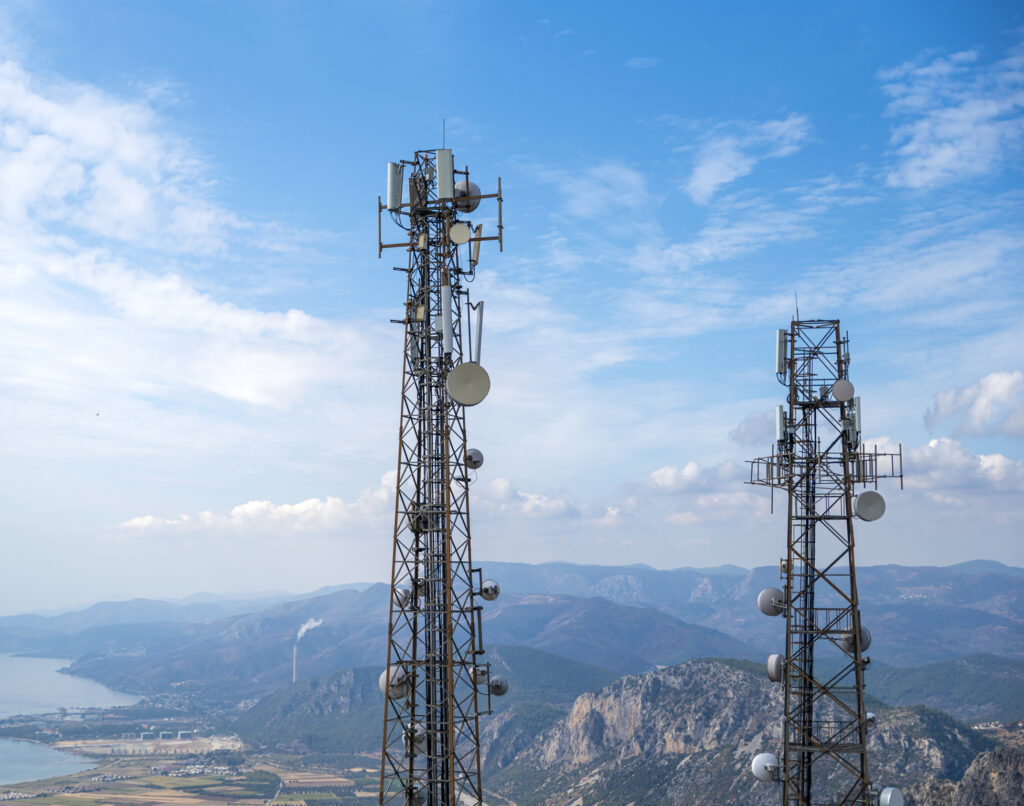
Community-Centered Approaches to Expanding Birmingham’s Broadband Infrastructure
In Alabama’s Black Belt, the digital divide has compounded issues related to racial discrimination, high poverty, and limited access to healthcare services. Nine counties in the Black Belt have less than 30% access to broadband, and even in Black Belt cities with established infrastructure, like Birmingham, many residents face cost... Read more
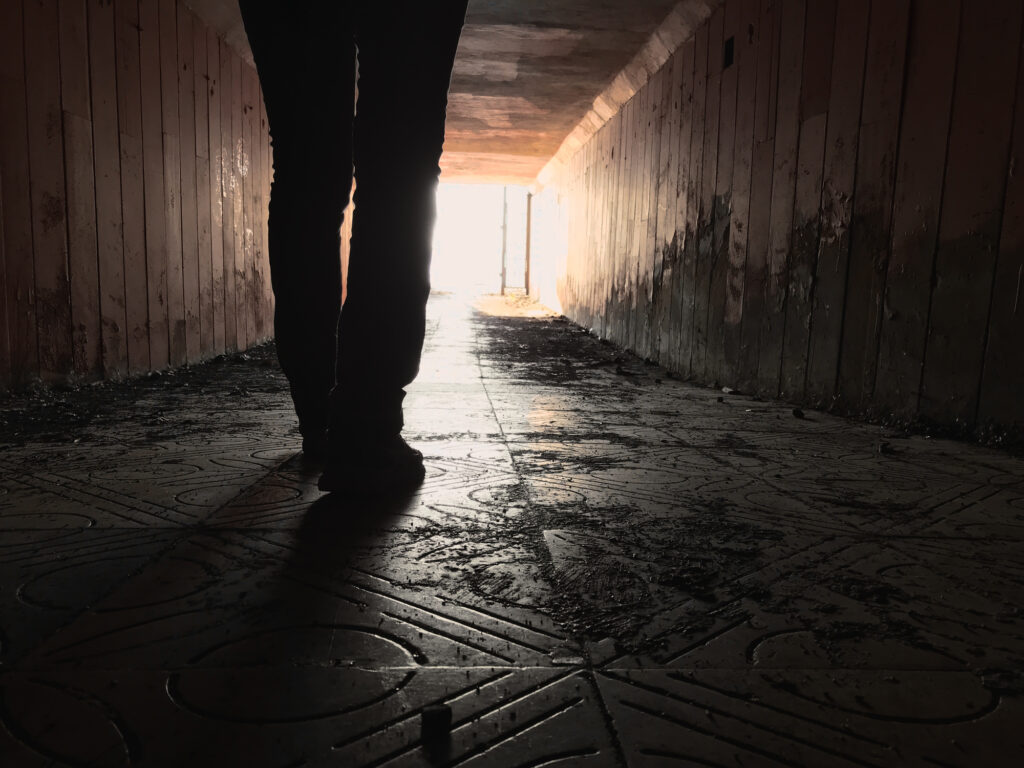
Developing a Regional Continuum of Care For Those Experiencing Homelessness
Seattle and King County rank in the top three areas in the country in homelessness on a per-capita basis, with more than 22,000 households and nearly 4,500 public school students experiencing homelessness in 2018 alone. And, unfortunately, homelessness has only worsened during the COVID-19 pandemic. The pandemic has also introduced... Read more
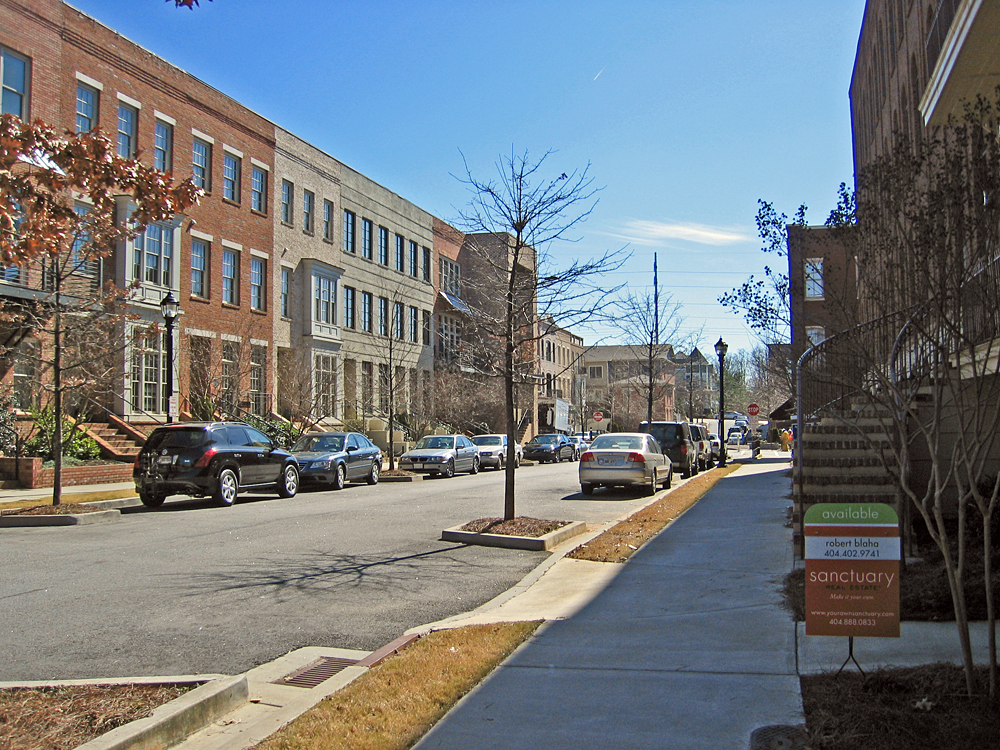
Implementing Critical Initiatives to Mitigate Displacement of Atlanta’s Black and Low-Income Communities
Home to more than 6 million people, the Atlanta region is the ninth largest metro region in the nation and it is still rapidly growing. In part because of this unprecedented population boom, Atlanta currently ranks fifth among U.S. cities experiencing gentrification, with more than 46% of its census tracts... Read more
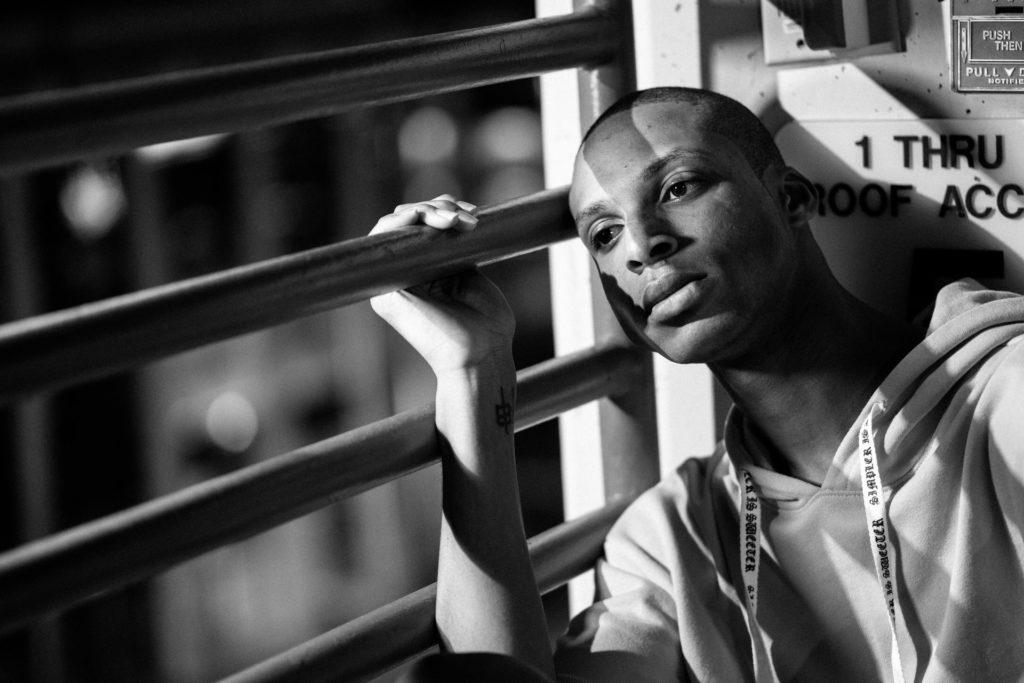
Scaling Diversion Programs to Reduce Incarceration and Improve Resident Health
Every year in the U.S., two million people with mental illness are booked into jails, leading to a cycle of incarceration for these individuals. One in three persons in the Orleans Justice Center Jail are treated for addiction or mental illness, and these individuals remain in the jail more than... Read more
